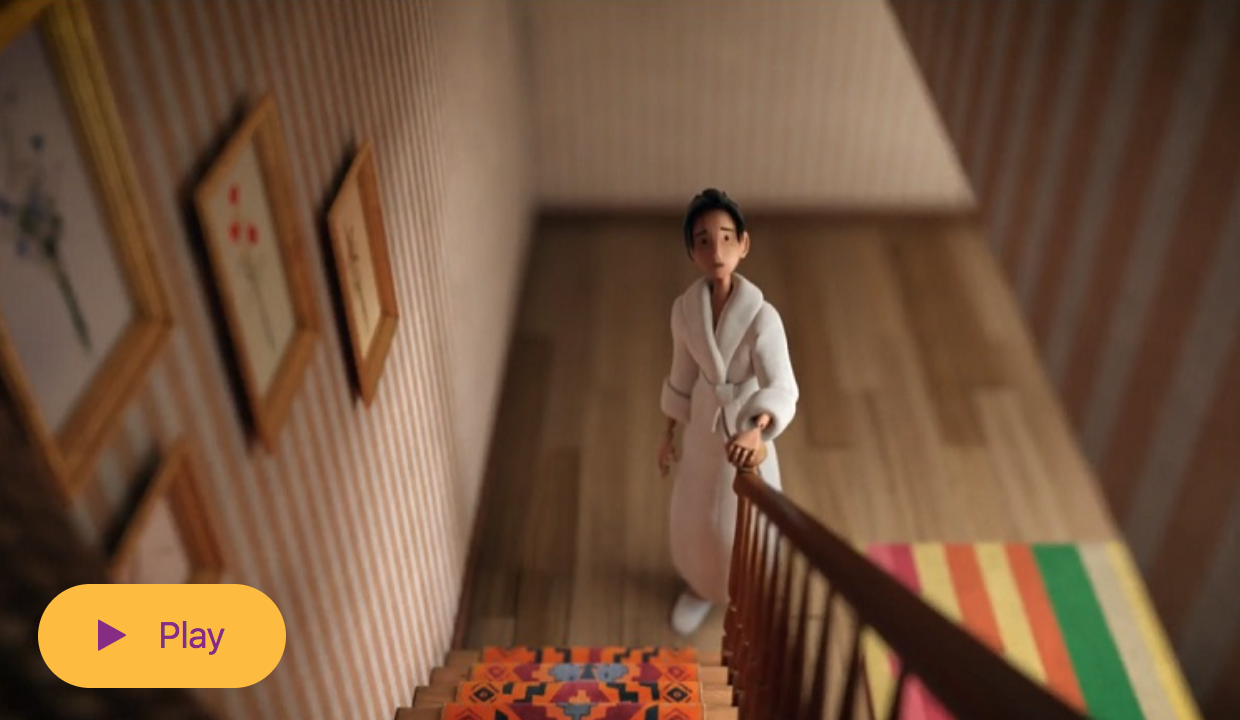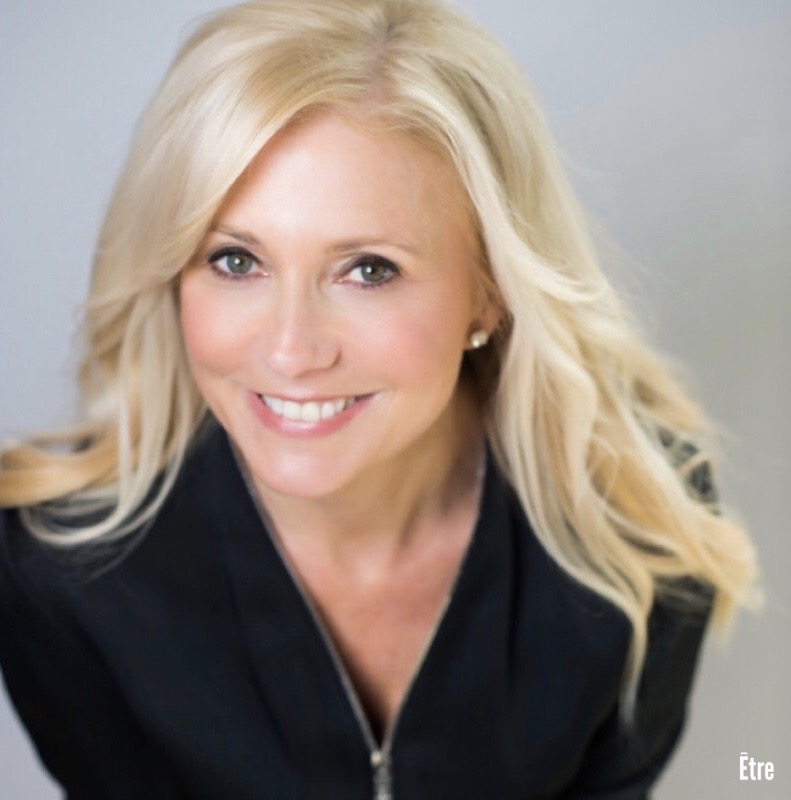At a time when social distancing and remote learning can make us all feel unmoored, Emmy award-winning journalist Elizabeth Vargas has a message for today’s girls: You are not alone.
In fact, you have an army of new resources at your back.
Teaming up with Partnership to End Addiction, Elizabeth Vargas is part of the “Start with Connection” campaign, raising awareness about the importance of personal connection in addressing the addiction crisis.
How personal?

“It starts in the home,” explains Emily Moyer, Chief Marketing Officer at Partnership to End Addiction, and their new animated PSA series spotlights the barriers addiction can cause within families. With imagery by Bonfire, a New York City based visual effects and animation studio, and music by Grammy-nominated band The Lumineers, the videos tell addiction stories without judgment and encourage teens to turn to their families for help.
Showing the video to middle and high school Être girls sparked deep interest…and more questions. We reached out to Elizabeth Vargas to learn more about the campaign’s new podcast Heart of the Matter with Elizabeth Vargas, the importance of early conversations, and how girls can become more involved in spreading the word.
Ê: What made you first think about doing a podcast on addiction and mental health and were you nervous about launching it?
EV: There are so many people struggling right now with anxiety and depression in this pandemic, I thought this would be a great time to launch a podcast where we can speak openly about these issues. Before the virus hit, we already had an epidemic of addiction in this country, a huge number of these so-called deaths of despair. People are really struggling and these “issues” – mental health, substance addiction – can be so difficult to talk about openly and without judgment or shame. I am hoping that this podcast can really delve into the secret suffering so many people experience.
Ê: Why is it so important for teens to talk openly – and early – about addiction?
EV: Teenagers especially feel immense pressure to fit in, to be cool, to be just like everyone else. It’s an age where many stop talking to their parents in an open and honest way, and often keep their anxieties a secret. We know from research and data that teens who begin self-medicating their anxiety or depression or insecurity with alcohol and drugs have a greater chance of developing a substance use disorder.
It’s really important for parents to recognize signs their teen may be suffering, and find a way to get them to open up. Our guests on this podcast are people who either were teens who suffered in silence and developed addiction – Chris Herren, for example – or parents or experts who have important advice to share about their journey with their teenagers’ substance use. Parents need to know how to help. It’s critical.

Ê: What do you want today’s girls, and their parents, to take away from listening to your podcast?
I want them to know first and foremost, they are not alone.
Elizabeth Vargas
EV: I want them to know first and foremost, they are not alone. There is a lot of shame around the disease of addiction – there is a lot of shame around feeling anxious or depressed or sad. People automatically respond “I’m fine” when asked, and often they are not.
Teenage girls in particular have so much they are dealing with. There is no shame in saying you are struggling, or need help, or my child needs help. On the contrary, it’s a sign of strength. These problems, if addressed early and thoughtfully, can be completely manageable. With this podcast, we aim to shine a light on what people usually keep hidden away. I am certain people will relate, and will get help.
This happened to me when I wrote my book Between Breaths. So many people still tell me that reading my story helped them seek help and get sober. Isolation and shame are the enemies of recovery. We need to break the stigma and start speaking up about issues that dramatically affect millions of people every day.

The podcast – riveting for teens and parents alike – is only part of this multimedia campaign. We turned to Emily Moyer at Partnership to End Addiction with a few more questions:
Ê: We love the Start with Connection video – what kinds of conversations do you hope it will start for kids with their parents?
EM: Thank you! This public service announcement is really about connecting, and not disengaging, when there is a substance use problem in the home. We hope that everyone will begin to think about the role families can and will play in ending our country’s addiction crisis, especially during the pandemic, which is making the situation worse. And we hope that people will become interested in learning more about preventing, treating and recovering from the disease on our website.
Ê: How can girls our age help spread the #StartwithConnection message, especially during COVID when it’s easy to feel isolated?
EM: We’d love for girls your age to support our message. During COVID, when we are physically isolated from one another, social media can be a helpful tool for sharing and connecting. That’s why we launched our #StartwithConnection challenge. You can take a photo with a family member or loved one to show how you are building personal connections at home, then share it with your network. We’ll share it with our community, too!
We’re so on this. Girls, tag your friends and share the hashtag. Tell your parents about the podcast. Talk to family members about what you are feeling.
And remember Elizabeth Vargas’ heartfelt words: You are not alone.
You are surrounded by women who have been where you are, faced what you face and have wisdom to share.
It all starts with connection.


